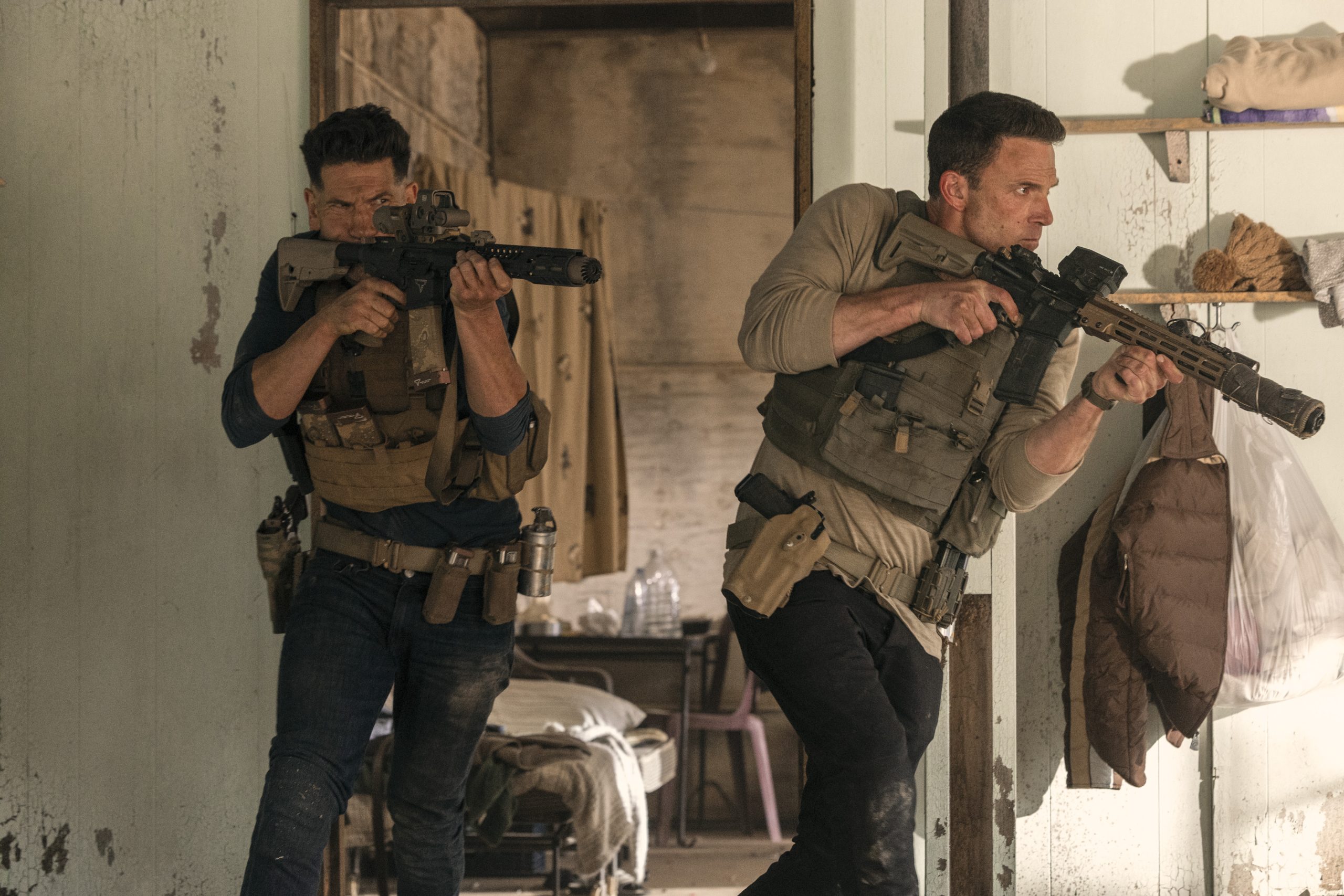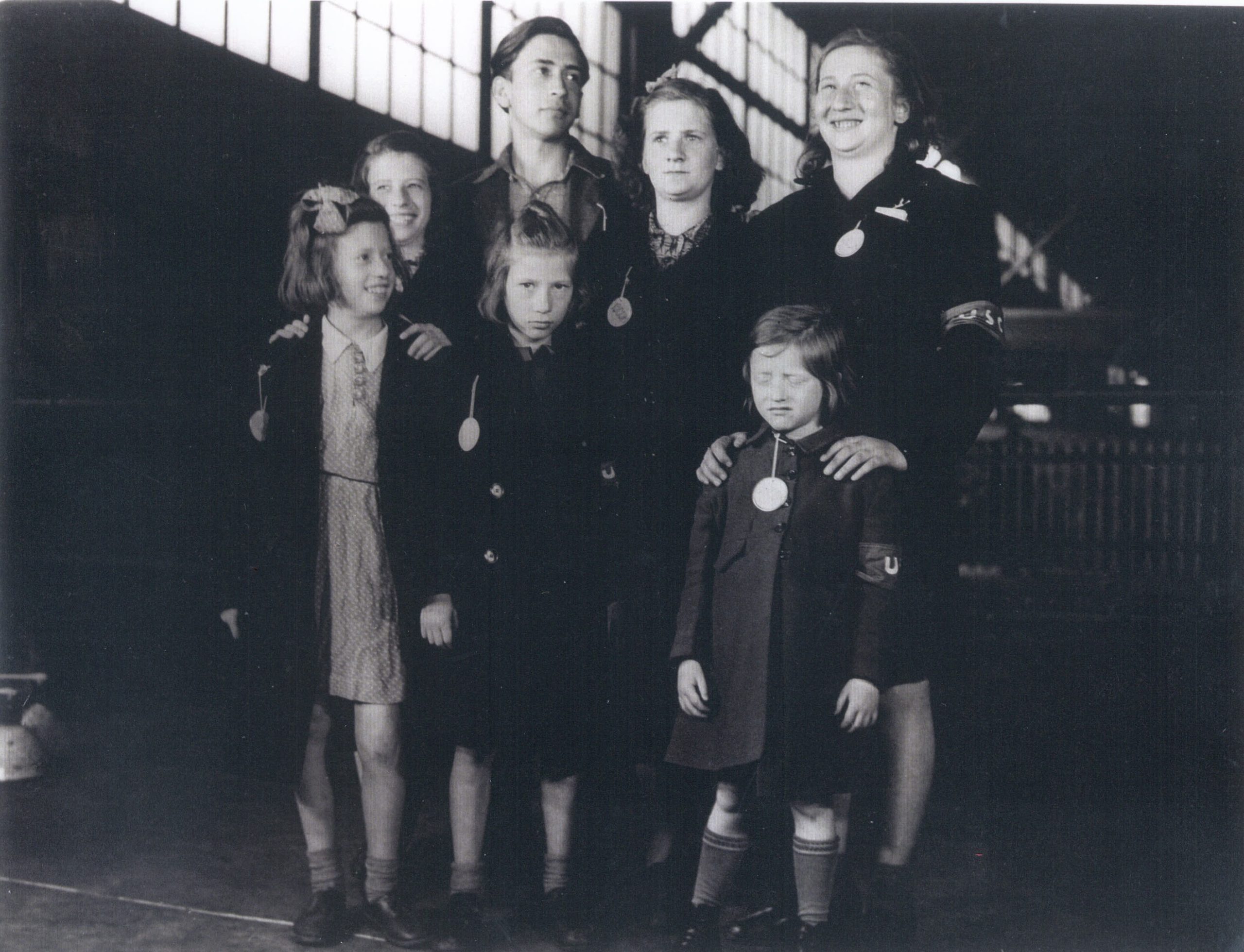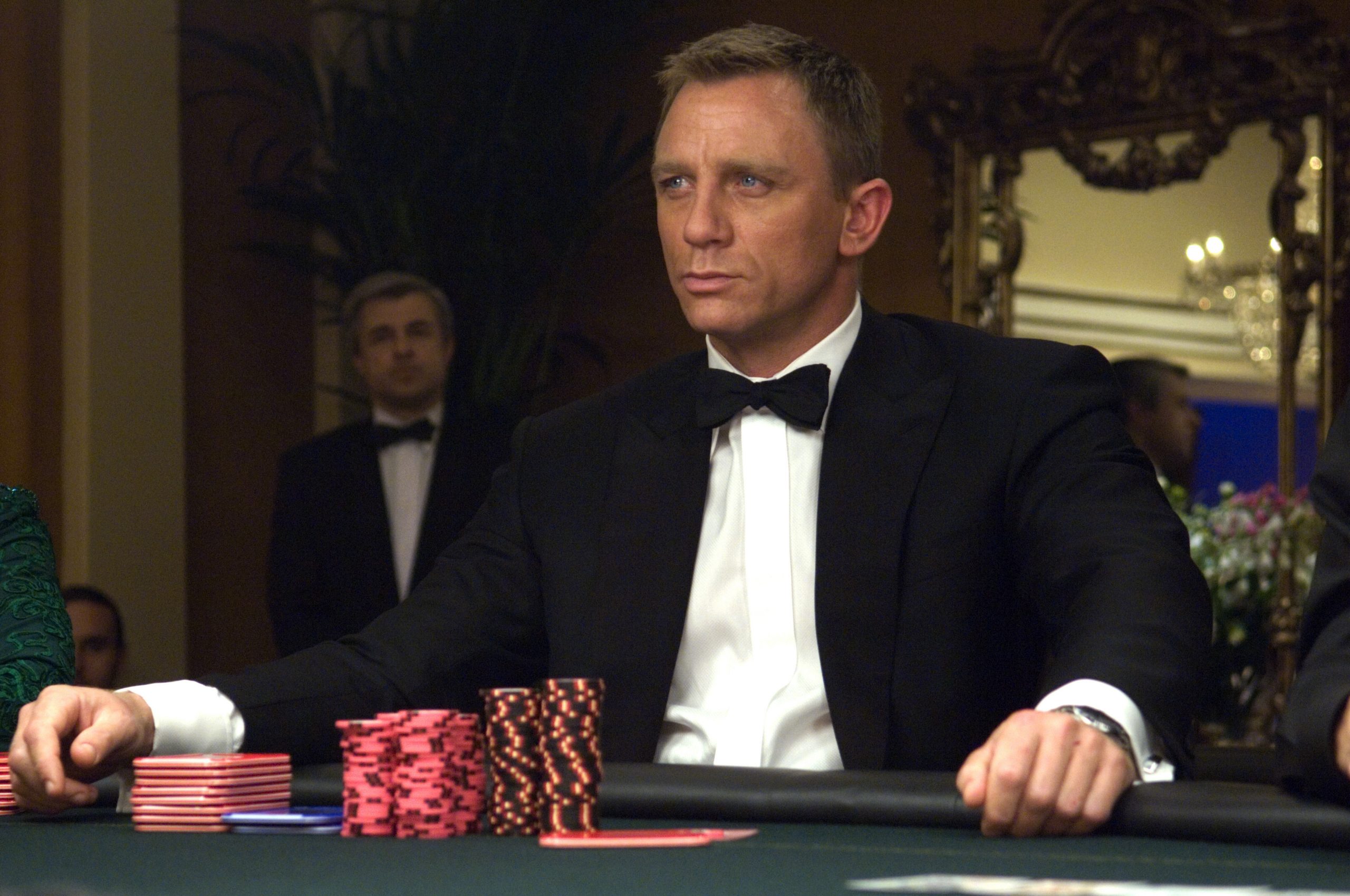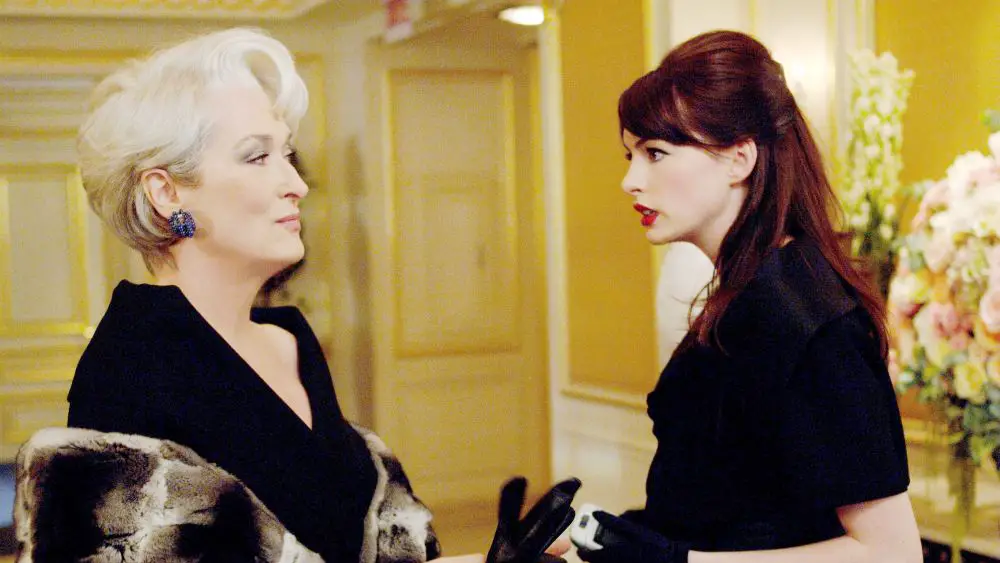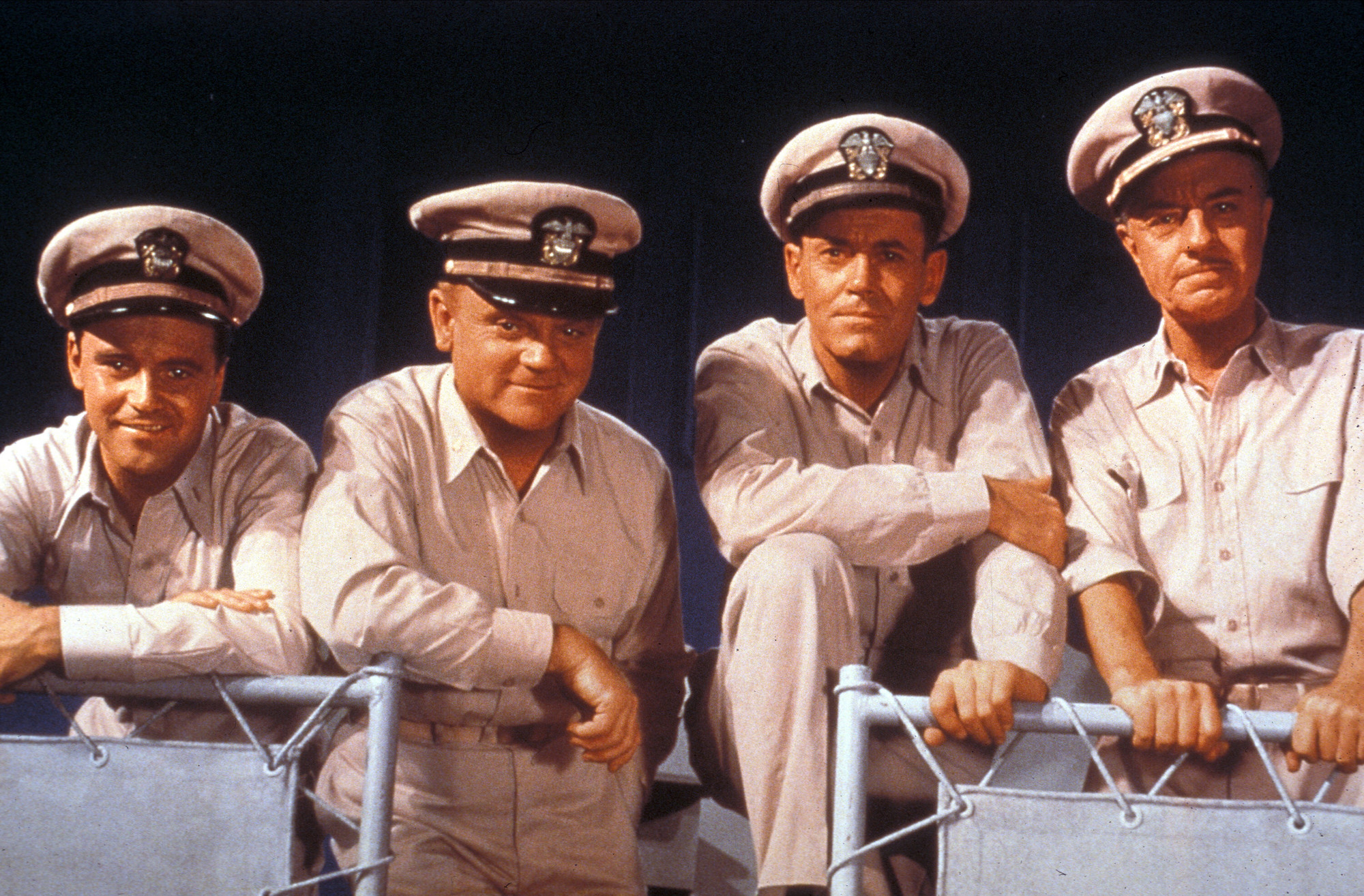
Mister Roberts features a star-studded cast of actors while the Best Picture nominee beautifully translates from the stage to the screen.
The film is based on the play, which in turn was based on the novel of the same name. In addition to Best Picture, the film would earn a Best Sound, Recording nomination and Jack Lemmon would win his first Oscar with a Best Supporting Actor win.
Mister Roberts may be set during World War II but is not the type of film where the crew sees any action. Yeah, it’s certainly strange for a war film with no battles. At the same time, we’re talking about a movie originating on Broadway via a novel! When you look at it from this perspective, it actually makes sense. Regarding the adaptation, the film does manage to open up a bit and doesn’t feel too stagey as far as its theatrical roots are concerned. With four actors at the ensemble’s core, the film never feels to busy. This film also moves by at a quick pace.
It isn’t an all-out comedy but it’s not completely a drama either. The film has a nice mix of both genres. Our crew, led by Lieutenant Commander “Captain” Morton (James Cagney) is stationed in the Pacific. But again, they aren’t seeing any battles even if some desperately want to be transferred. Lieutenant (junior grade) Douglas A. “Doug” Roberts wants to see action. Morton never endorses any of the requests. Naturally, Roberts ends up staying put. Too bad. I know Morton is just doing his job but he can be a real jerk to the crew. Cagney plays him beautifully.
Knowing John Ford’s history, it is not surprising to see his name attached as a director. However, I was shocked in learning that he ended up leaving the film and be replaced. Truth be told, there was actually three directors but Joshua Logan would go uncredited. To be fair though, Ford did have conflicts with the actors but it was the health issues that ultimately took him off the film. Mervyn LeRoy would go onto finish the film. Jack Lemmon’s audio commentary might provide insight into whether Ford or LeRoy directed the footage.
While Henry Fonda reprises his Tony-winning role, he was not the studio’s first choice. They’d have rather had someone like Marlon Brando or William Holden taking on the role of Lieutenant (junior grade) Douglas A. “Doug” Roberts. Fonda was too old for the role but Ford insisted that he play the role. I can certainly imagine Brando or Holden in the role but even with his being too old for the role, Fonda isn’t that bad in the film.
Jack Lemmon knocks it out of the park as Ensign Frank Pulver. In fact, he even pretends to be left-handed just for the film! For his performance, Lemmon would win one of his only two Oscars out of eight nominations. While still relatively early in his career, he manages to hold his own against some of the greats. Ford certainly had a good eye when he saw Lemmon’s screen test for Columbia. Lemmon would later go onto forge a partnership with Billy Wilder and Walter Matthau.
Mister Roberts would go onto mark the end of an era for James Cagney. He would never do another film for Warner Bros. again. Similarly, William Powell would also make this his final film. Meanwhile, a 1964 sequel would star an all-new cast.
DIRECTORS: John Ford and Mervyn LeRoy
SCREENWRITERS: Frank Nugent and Joshua Logan
CAST: Henry Fonda, James Cagney, William Powell, Jack Lemmon, also starring Betsy Palmer, Ward Bond, Phil Carey
